7 Most Undeserved Best Picture Wins in Oscars History

Films have always been and always will be subjective.
Kramer vs. Kramer (1979)
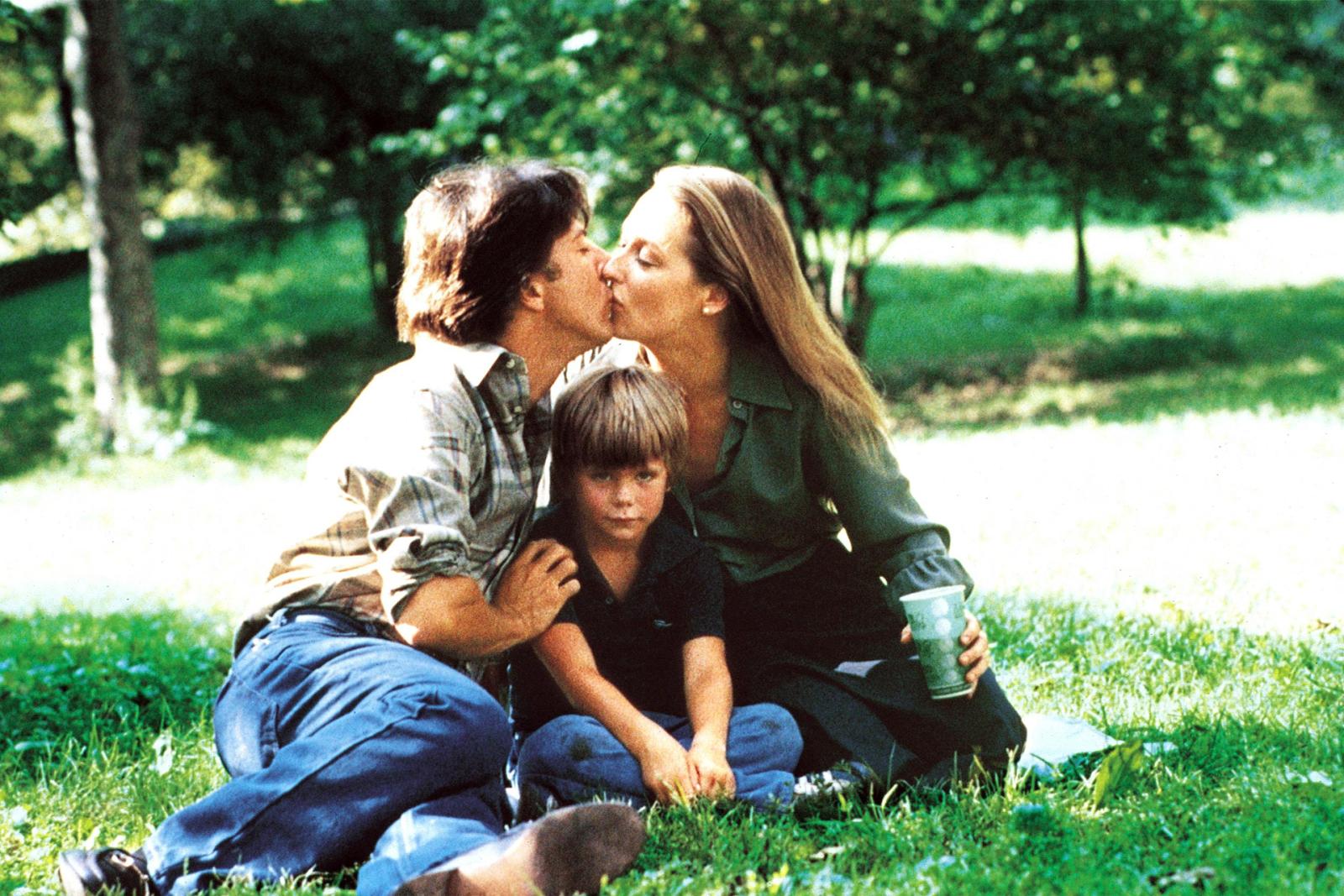
Kramer vs Kramer is a very mediocre drama about the relationship between a workaholic father and his son after an ugly divorce. The plot revolves around a custody battle that turns the parents' lives upside down and jerks some tears from the audience in the process.
The film is nothing to write home about apart from the top-notch performances by Dustin Hoffman and Meryl Streep, whose Oscar for this film was very much deserved. It's a good enough film to watch once or twice, but it certainly pales in comparison to Francis Ford Coppola's epic Apocalypse Now.
Around the World in 80 Days (1956)
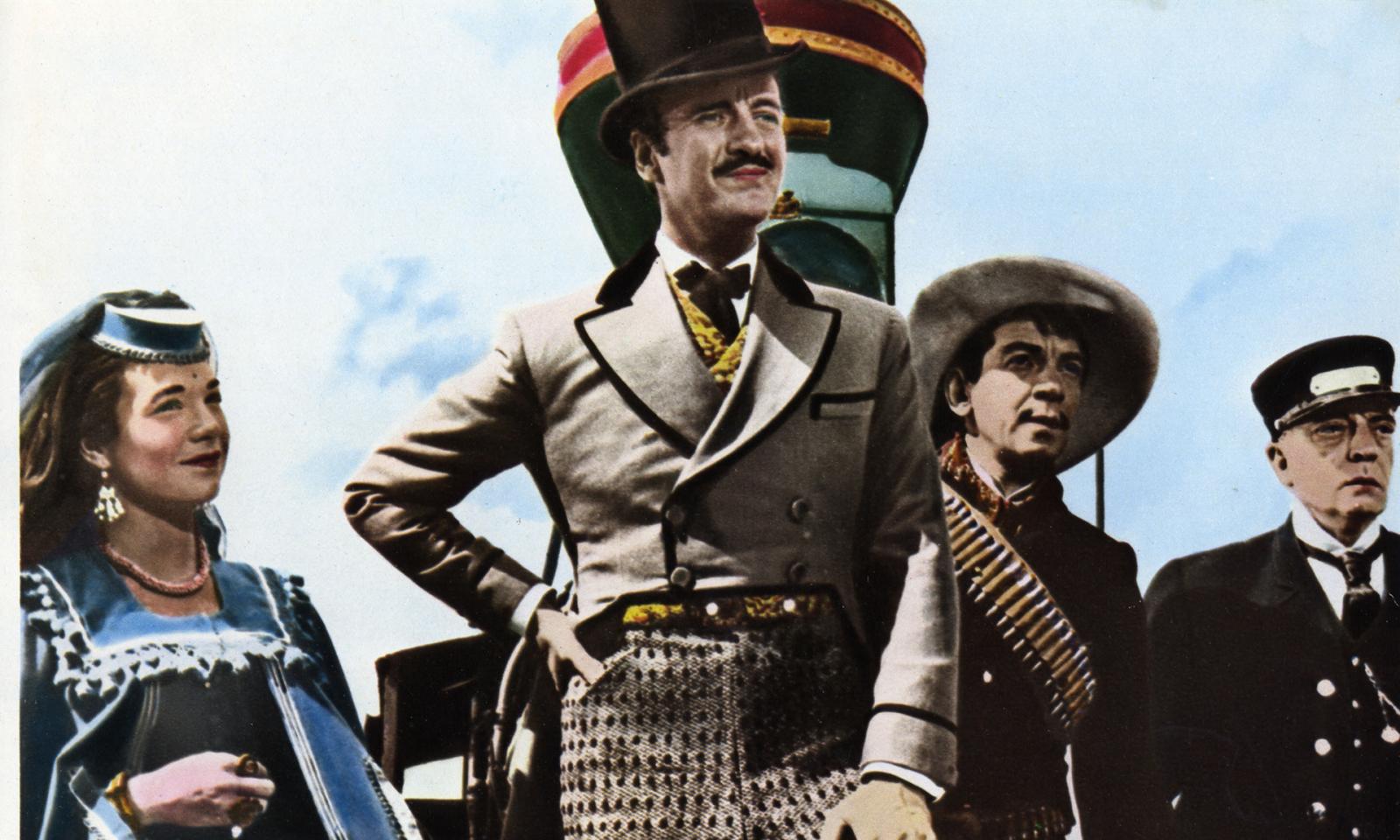
Nobody knows to this day how Around the World in 80 Days even got nominated for Best Picture in the first place, let alone how it ended up winning, seeing how it is generally regarded as the worst movie to have ever won the Oscar.
The most likely explanation is that the academy were impressed by the lengths the crew went to in making the movie: it was filmed on 140 locations, it used 74 thousand costumes, 8.5 thousand animals and over 68 thousand extras. But despite setting some new records in the movie industry (some of which nobody has broken to this day), the film still lacks the spark of the Jules Verne novel it's based on.
It's a predictable and boring comedy that somehow won out against such strong contenders as The Ten Commandments and The King and I. The only true legacy Around the World in 80 Days has left is cameos: the concept was pretty much invented by the movie's creators. Over 40 famous actors and celebrities, such as Frank Sinatra and Peter Lorre, appeared in the film in tiny scenes. The invention of cameos is literally the only thing this Oscar-winning film deserves credit for.
Dances with Wolves (1990)
.jpg)
1990 was a fantastic year in the movie industry. It saw the release of such classics as Goodfellas, Ghost and The Godfather 3. It seems surprising that all of these legendary films were nominated for Best Picture and lost out to Kevin Costner, the director and lead actor in Dances with Wolves.
In Dances with Wolves, Lieutenant Dunbar, a US Army officer, arrives at a remote Dakota outpost during the Civil War, where he soon befriends some wolves and the local Sioux tribe. Dances with Wolves doesn't break any new ground; it's yet another take on the old story about choosing sides, this time set against the Civil War backdrop with some ethnic exotics thrown in for good measure. Few people understand how it could have beat the iconic Goodfellas for Best Picture. Martin Scorsese only got his long-awaited Best Picture Oscar in 2007 for the Departed.
The English Patient (1996)
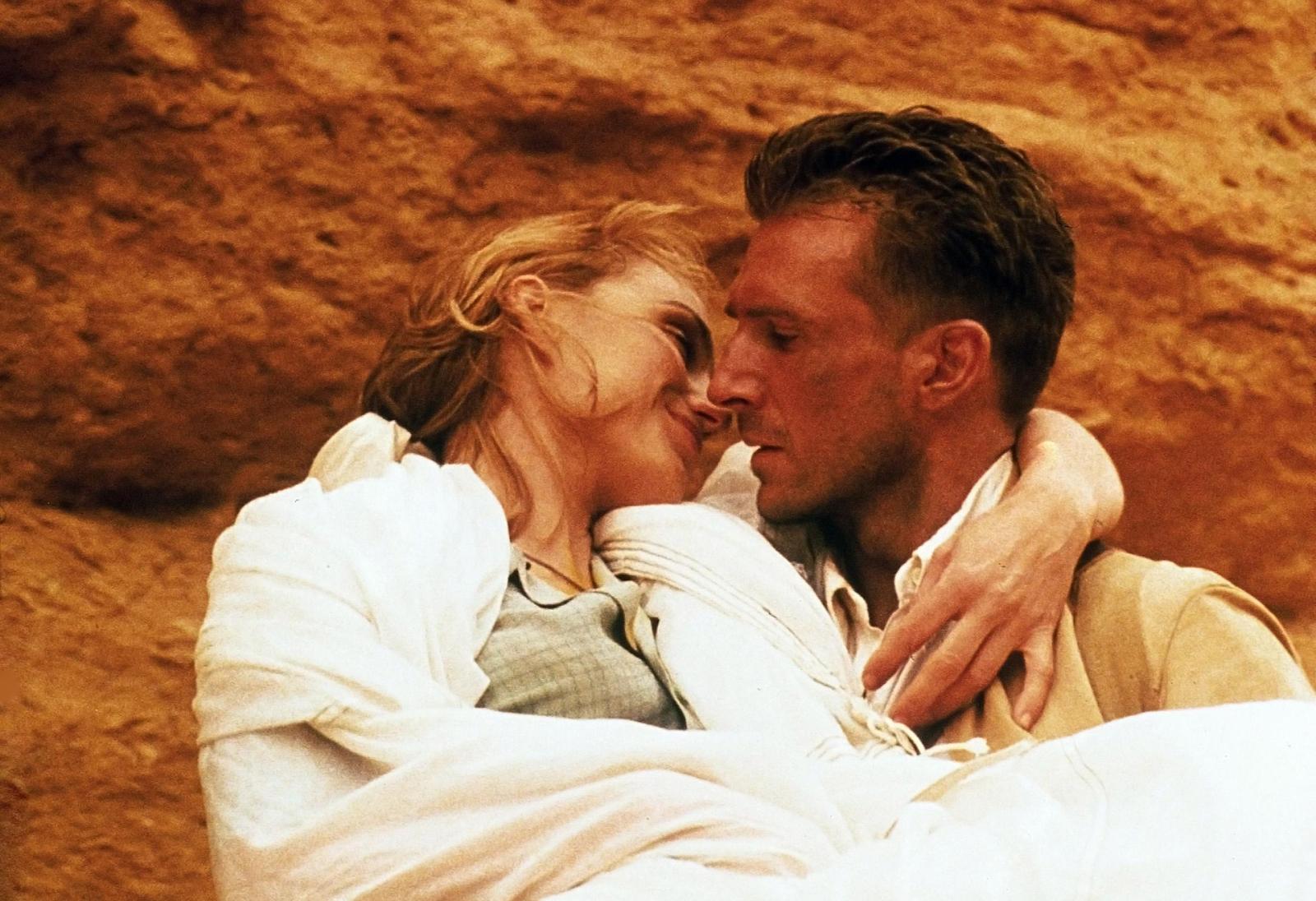
There is a reason why the English Patient has been named the dullest 20th-century film. For more than two hours, the film meanders through numerous flashbacks to reveal the main character's dizzying love story, and the icing on the cake is that the protagonist narrates the whole thing on his deathbed.
Juliette Binoche and Ralph Fiennes play their roles well, and there is reasonably believable chemistry between them, but the plot moves along at a snail's pace. Apparently, though, members of the Motion Picture Academy enjoyed the meditative pace more than Frances McDormand's terrific acting in Fargo.
Shakespeare in Love (1998)
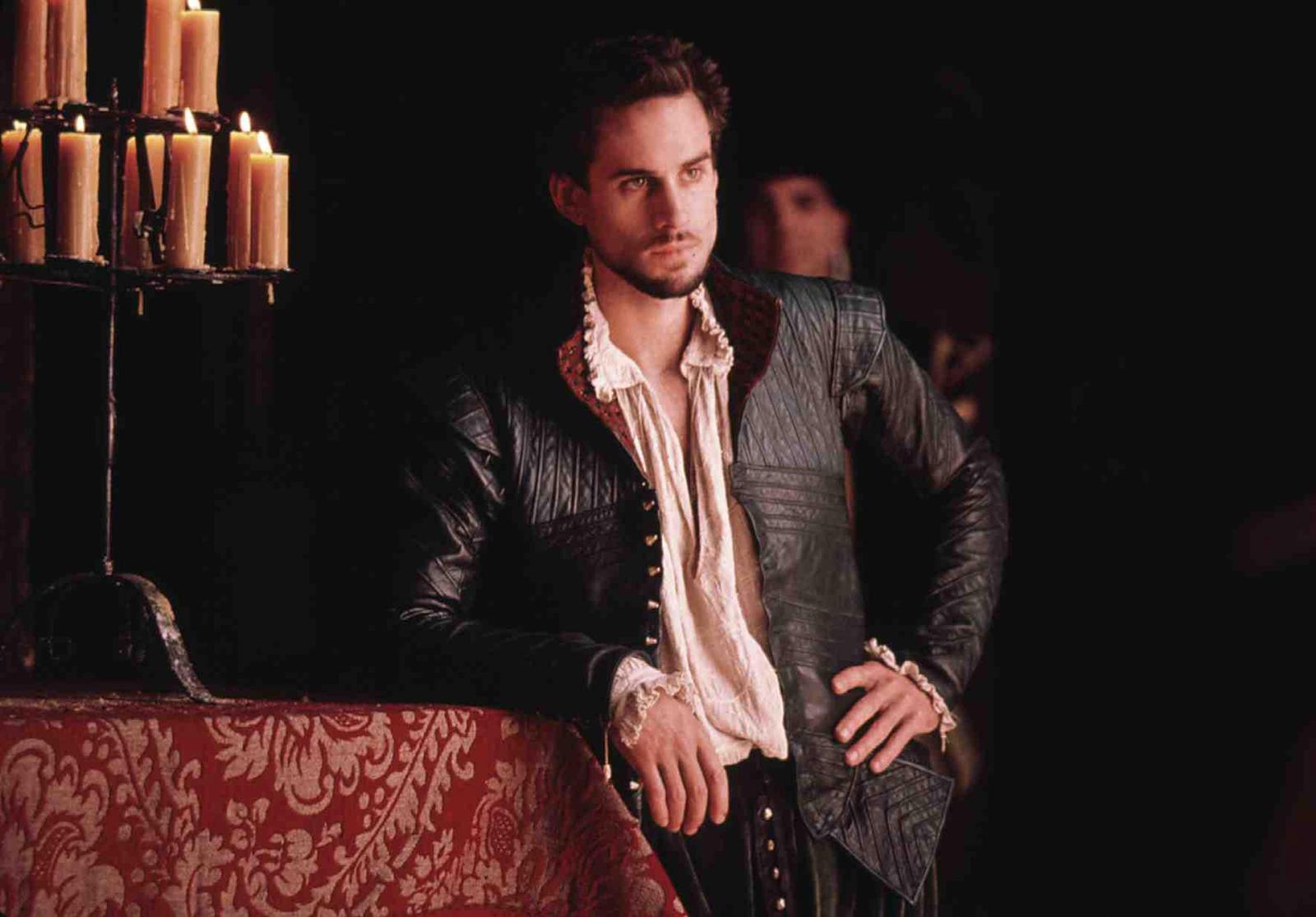
On paper, it was a tough showdown for the Oscars: Shakespeare in Love versus Saving Private Ryan, but in reality, it was Harvey Weinstein versus the Motion Picture Academy, and the then almost all-powerful producer won.
Shakespeare in Love is a classic love story, albeit in a historical setting: handsome aspiring creator Will Shakespeare (Joseph Fiennes) dreams of Viola, a girl from a wealthy family (Gwyneth Paltrow). They are forced to meet secretly, as Viola is supposed to marry Lord Wessex. Sound familiar? Of course, it does – because his experience with Viola inspired Shakespeare to write his most famous play, Romeo and Juliet.
Yes, Shakespeare in Love is a quality, solid melodrama, but it's still hard to believe that the iconic war movie Saving Private Ryan could have lost to Joseph Fiennes with a black eye.
Forrest Gump (1994)
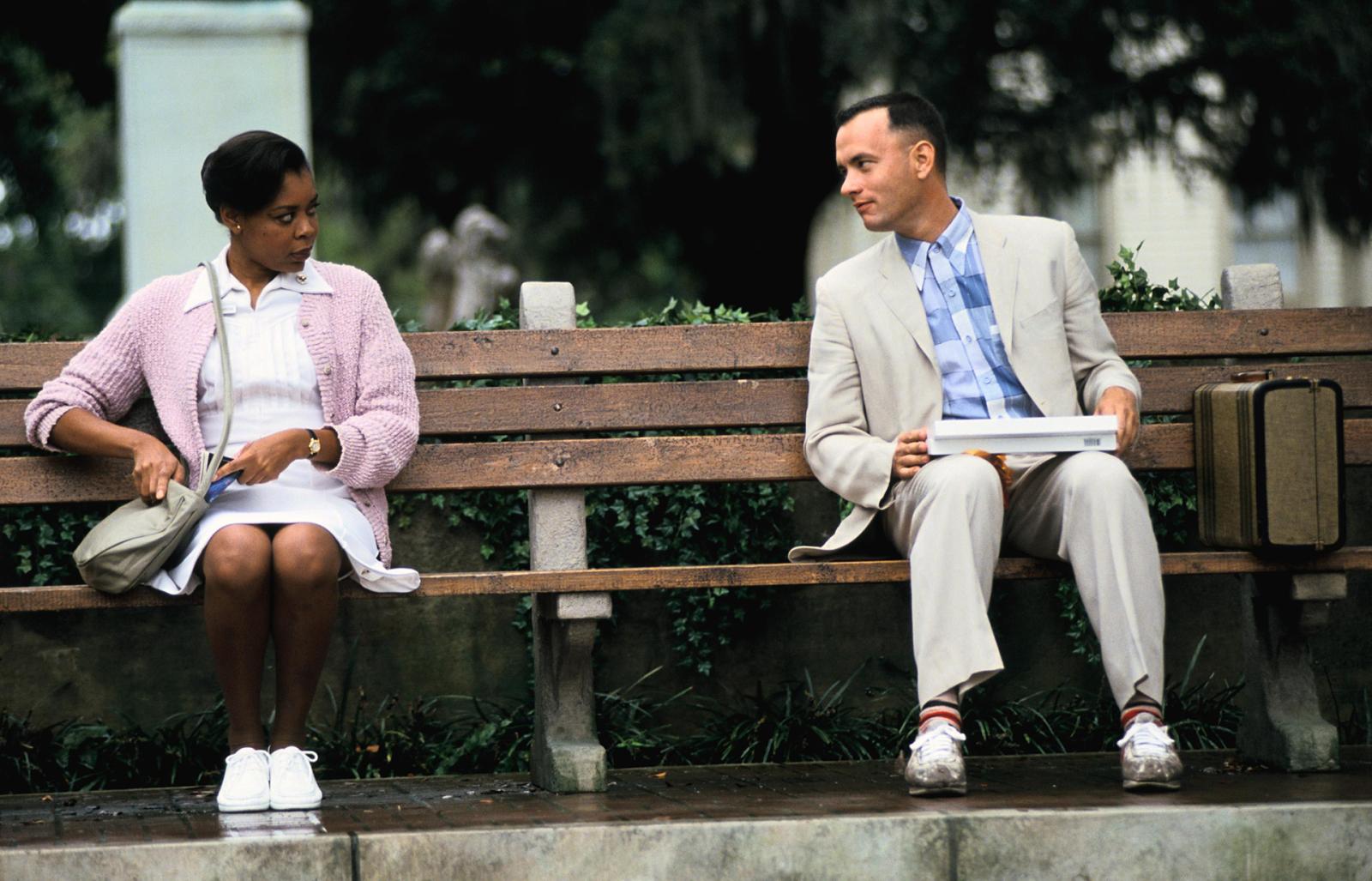
In the role of the simple-minded Forrest Gump, Tom Hanks moved members of the Motion Picture Academy to the core in 1995. The film throws the feeble-minded guy into the thick of the most iconic events of the 20th century and has him hang out in the same frame as such historical figures as JFK and John Lennon. But remove those gimmicks, and what we have left is a fairly straightforward melodrama about a challenged kid making it good in life.
Truth be told, Shawshank Redemption, often cited as the most inspiring film of all time, is a far more hard-hitting tear-jerker because the chemistry between Ellis and Andy feels far more natural. And then, there is, of course, Pulp Fiction, which came out the same year. Tarantino had very little chance against this kind of competition, though.
The King's Speech (2010)
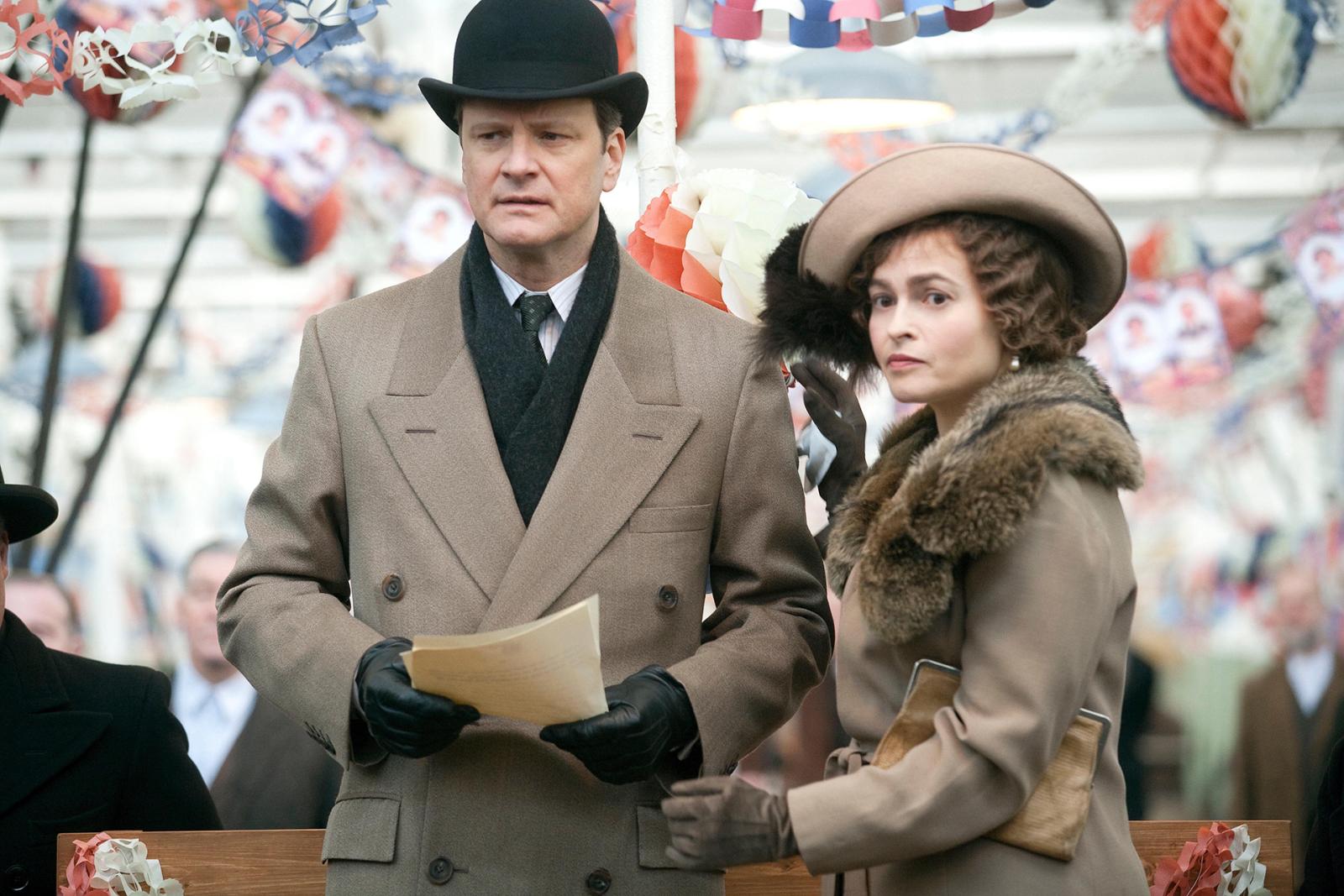
This historical film was promised an Oscar even before it was released. It was all about the plot.
In The King's Speech, the future King George VI, played by Colin Firth, suddenly ascends to the throne after his older brother decides to marry and abdicate. The protagonist does not believe in himself because of a speech impediment that prevents him from speaking in public. Speech therapist Lionel Logue (Geoffrey Rush) gives him courage and guidance so that the king can deliver a speech and be taken seriously by his nation.
Although the film's plot is based on a true story, it is evident that the makers of The King's Speech chose this particular historical period precisely because it made perfect Oscar bait. Firth and Rush played their roles perfectly, but the fact that the picture got the award even before its release shows how hopelessly predictable the Oscars can be.